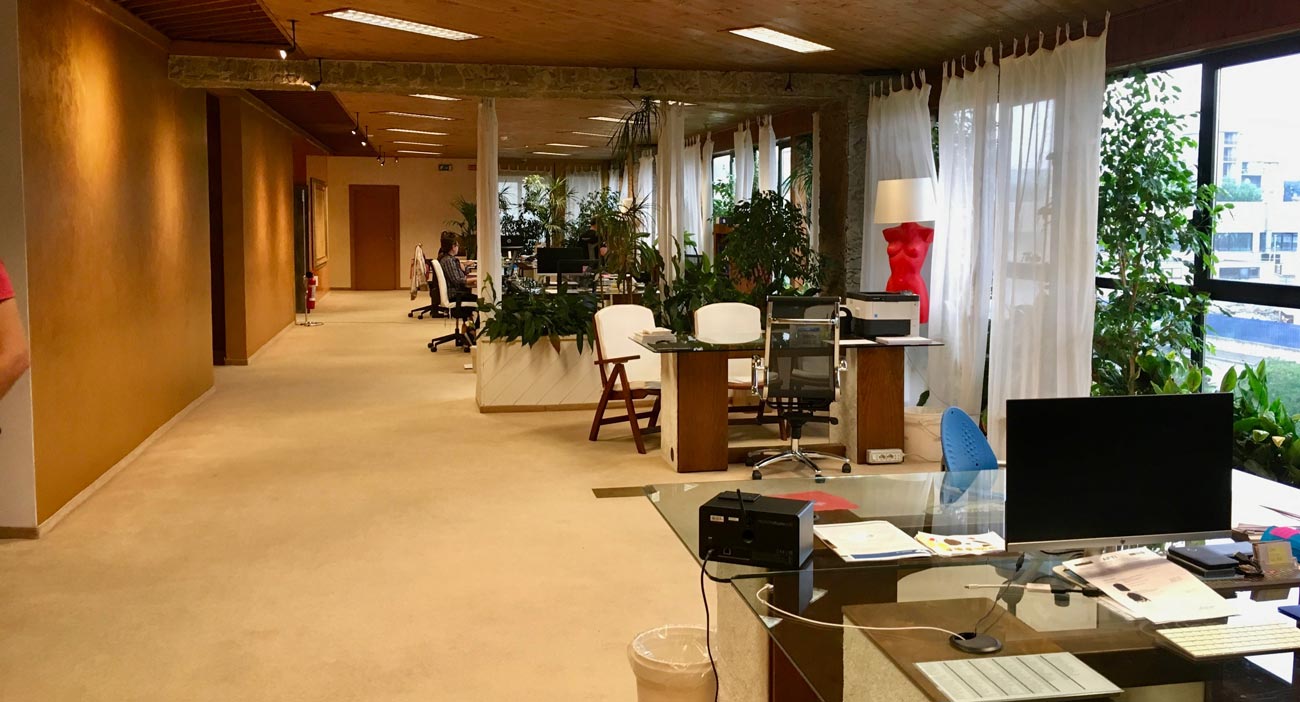Contxto – Marcelo Ebrard, Mexico’s Secretary of External Relations, has just announced that his country signed a landmark agreement with Argentina to create the Latin American and Caribbean Space Agency (ALCE, the abbreviation of its name in Spanish).
This is one large step for Latin America… and perhaps an even larger step for Latin American technologists?
While this impressive announcement has already created a buzz amongst space enthusiasts, it’s far from a vanity project. Much to the contrary, Ebrard sees investing in a space program to be a geopolitical and strategic issue.
The agency will not only explore space but also promote the sharing of satellite images.
Contxto has been reporting regularly on innovations in the field of extraterrestrial travel, much of which has been spearheaded by the startup sector.
This news marks a new chapter in this twenty-first-century space race, with public sector governments taking a cue from startups and blasting off to explore new worlds.
Argentina leads Latin America space exploration
Argentina has been a particularly strong player in the space game. Argentine startups are already working on an international level to get involved in space exploration. In fact, the Argentine satellite company Satellogic recently launched the Global Consortium of Geospatial Imagery, hinting at an increased interest in putting Latin America on the map for everything having to do with space.
Satellogic is undeniably a rising star. It’s a vertically-integrated company, taking on the task of manufacturing its own spacecraft while also providing data processing services at scale. The company offers the exact kind of innovation that will put Argentina in a strong position to compete globally (and beyond).
Argentine startup Dymaxion Labs also highlights the country’s impressive spacetech credentials. The company has been making waves in the space community through its use of ML algorithms for satellite and aerial imagery.
Making space for regional effort
For Mexico’s part, the VC side of the equation nicely compliments Argentina’s spacetech expertise. Indeed, just last week, Mexican VC firm, Mountain Nazca, announced that it was the proud investor in, not one—Kavak—, but two unicorns. The second one is American spacetech, Momentus, valued at US$1.2 billion.
It’s clear that success in this high-tech area will require international cooperation. This has already been happening in the private sector, particularly through the work of innovative startups. But this public sector expansion into the space frontier opens new possibilities for Latin American-led initiatives.
-RK





